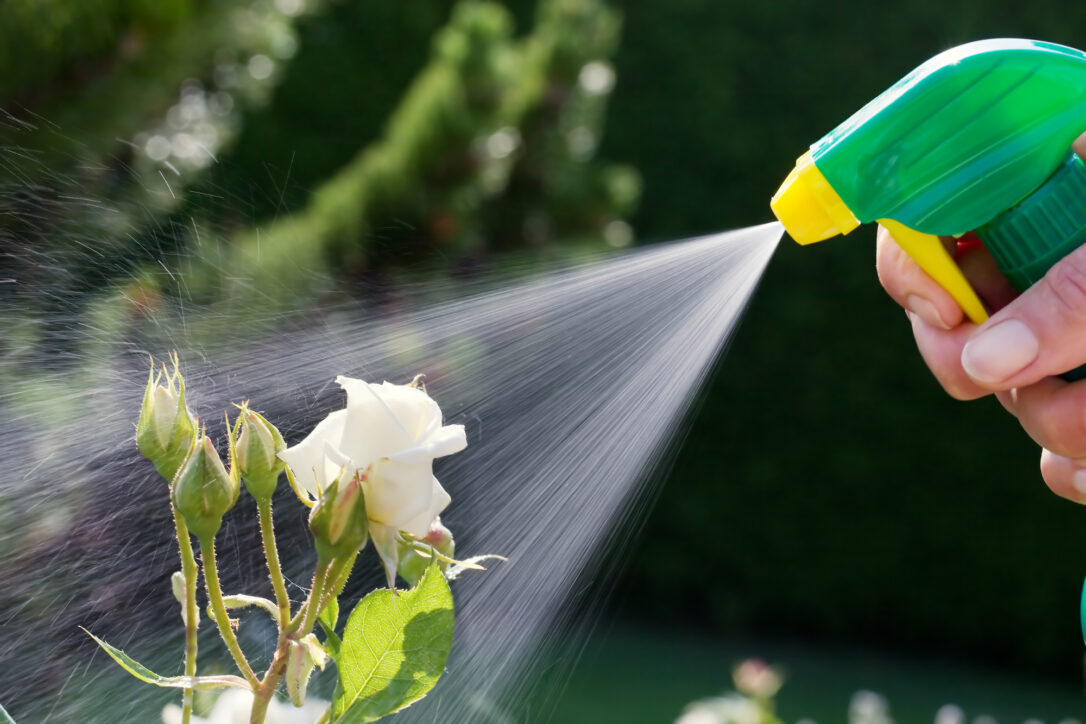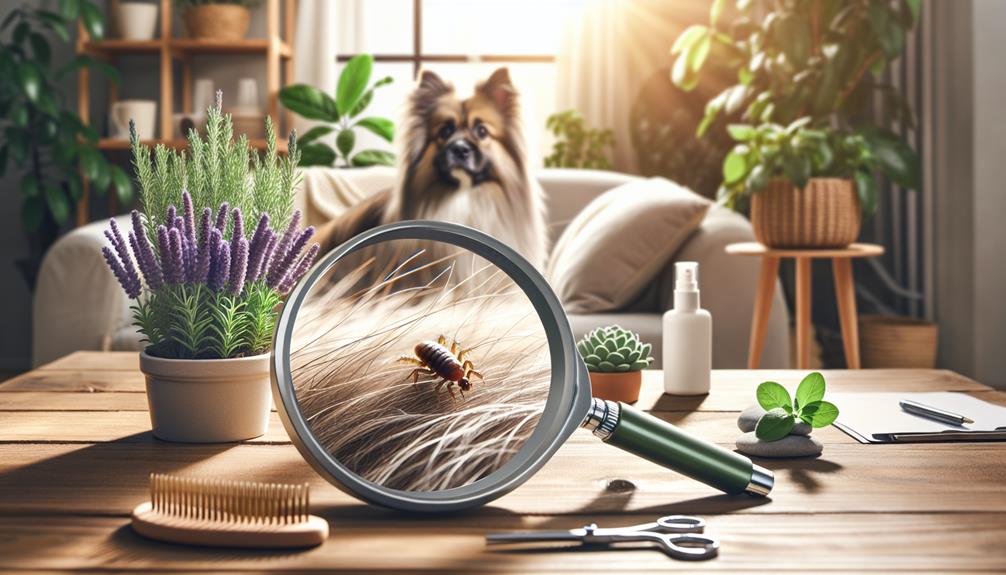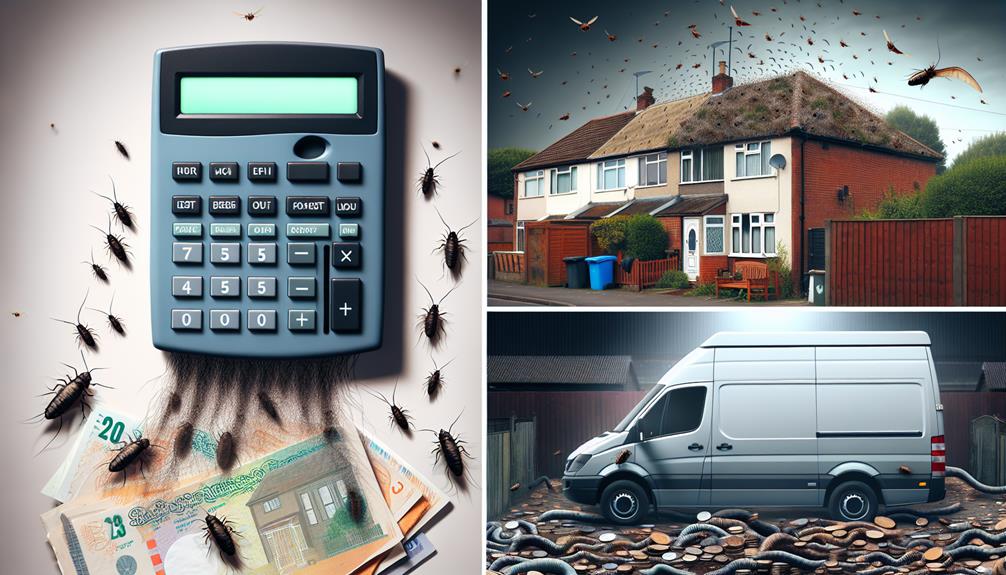Table of Contents
Pests can be a real headache for gardeners, but there are effective ways to prevent them from wreaking havoc on your beloved plants. In this article, we’ll explore different strategies for keeping your garden pest-free, from creating a healthy environment to using physical barriers and biological control methods. So, let’s dive in!
Understanding Common Garden Pests
Insects
There are numerous types of insects that can infest your garden, such as aphids, caterpillars, and beetles. Familiarising yourself with common pests in your area will help you identify potential problems and implement suitable preventative measures.
Rodents
Rodents like mice, rats, and voles can cause considerable damage to your garden by eating plants and burrowing into the soil. They can also carry diseases, making it crucial to address any rodent infestations promptly.
Birds
While birds can be beneficial by eating insects, some species can also damage your garden by feeding on fruits, vegetables, and seeds. Netting or other deterrents may be necessary to protect your plants from these feathered foes.
Creating A Healthy Garden Environment
Soil Health
A healthy soil is key to a thriving garden, and one that’s less susceptible to pests. Regularly adding organic matter, such as compost, and ensuring proper drainage will help maintain optimal soil conditions.
Plant Diversity
A diverse garden is less likely to be overrun by pests, as different plants can attract beneficial insects and repel harmful ones. Mix up your plantings to create a varied ecosystem that encourages natural pest control.
Regular Maintenance
Keeping your garden clean and well-maintained will help prevent pest infestations. Remove dead leaves, weeds, and other debris to minimise hiding places for pests.
Physical Barriers
Fencing
Fencing is an effective way to keep larger pests, like rodents and deer, out of your garden. Ensure the fence is tall enough and extends below ground level to prevent animals from climbing over or burrowing underneath.
Netting
Netting can be used to protect plants from birds and insects. Select a netting size appropriate for the pests you’re trying to deter and ensure it’s securely attached to prevent gaps.
Row Covers
Row covers are fabric or plastic sheets that protect plants from pests, while still allowing light and water through. Use them to cover vulnerable plants during peak infestation periods.
Biological Control Methods
Beneficial Insects
Introducing beneficial insects, like ladybugs and lacewings, can help control pests naturally. These insects feed on common garden pests, providing a chemical-free solution to your pest problem.
Birds and Wildlife
Encourage birds and wildlife to visit your garden by providing nesting sites, food, and water sources. Many species, such as birds and frogs, will help control pests by feeding on them.
Microorganisms
Some microorganisms, like nematodes and bacteria, can help control pests by attacking their larvae or infecting them with diseases. These can be purchased and applied to your garden as a natural form of pest control.
Chemical Control Methods
Organic Pesticides
Organic pesticides, derived from natural sources, can be an effective means of controlling pests. Neem oil and diatomaceous earth are popular choices for organic pest control. Always follow label instructions and use sparingly to minimise harm to beneficial insects.
Synthetic Pesticides
Synthetic pesticides can provide quick and effective pest control but should be used as a last resort due to their potential impact on the environment and beneficial insects. Choose a pesticide that targets your specific pest problem, and always follow label instructions.
Cultural Control Methods
Companion Planting
Certain plants can repel pests, making them ideal companions for your garden. For example, marigolds deter nematodes, while basil can help repel flies and mosquitoes. Research suitable companion plants for your garden to help keep pests at bay.
Crop Rotation
Rotating crops can help prevent pests from becoming established in your garden. Changing the location of specific plants each season interrupts pest life cycles and reduces the likelihood of infestations.
Proper Watering Techniques
Overwatering can lead to pest problems, as it creates an ideal environment for insects and diseases to thrive. Water your plants deeply but less frequently to encourage strong root growth and minimise pest issues.
Monitoring and Early Detection
Regular Inspections
Inspect your plants regularly to identify and address pest issues early. Look for signs of damage, like holes in leaves or discoloured foliage, and take action to prevent further harm.
Pheromone Traps
Pheromone traps can be used to monitor insect populations and detect infestations early. These traps attract pests using synthetic pheromones, making it easy to assess pest presence in your garden.
Sticky Traps
Sticky traps are another useful tool for monitoring and controlling pests. These traps use adhesive surfaces to catch insects, providing a non-toxic means of pest control.
FAQs
How can I identify common garden pests?
Familiarise yourself with the common pests in your area and their appearance. Look for signs of damage on your plants and consult a reputable gardening guide or local extension service for help with identification.
What are some natural ways to control pests in my garden?
Biological control methods, such as introducing beneficial insects, encouraging birds and wildlife, and using microorganisms, can provide natural pest control. Cultural techniques like companion planting and crop rotation can also help deter pests.
When should I use chemical pesticides in my garden?
Chemical pesticides should be used as a last resort when other control methods have proven ineffective. Always choose a pesticide that targets your specific pest problem and follow label instructions carefully to minimise harm to the environment and beneficial insects.
How can I protect my plants from birds?
Use netting or other physical barriers, such as bird deterrents, to protect your plants from birds. Ensure the netting is securely attached and has no gaps for birds to enter.
How often should I inspect my garden for pests?
Inspect your garden regularly, ideally at least once a week, to identify and address pest issues early. Pay close attention to signs of damage and act promptly to prevent further harm to your plants.
You may also enjoy reading this article
Was This Article Helpful?
- Please provide feedback and comments to help us improve our content.
- Share your experiences and any additional tips you have for dealing with pests.
Share this Post



